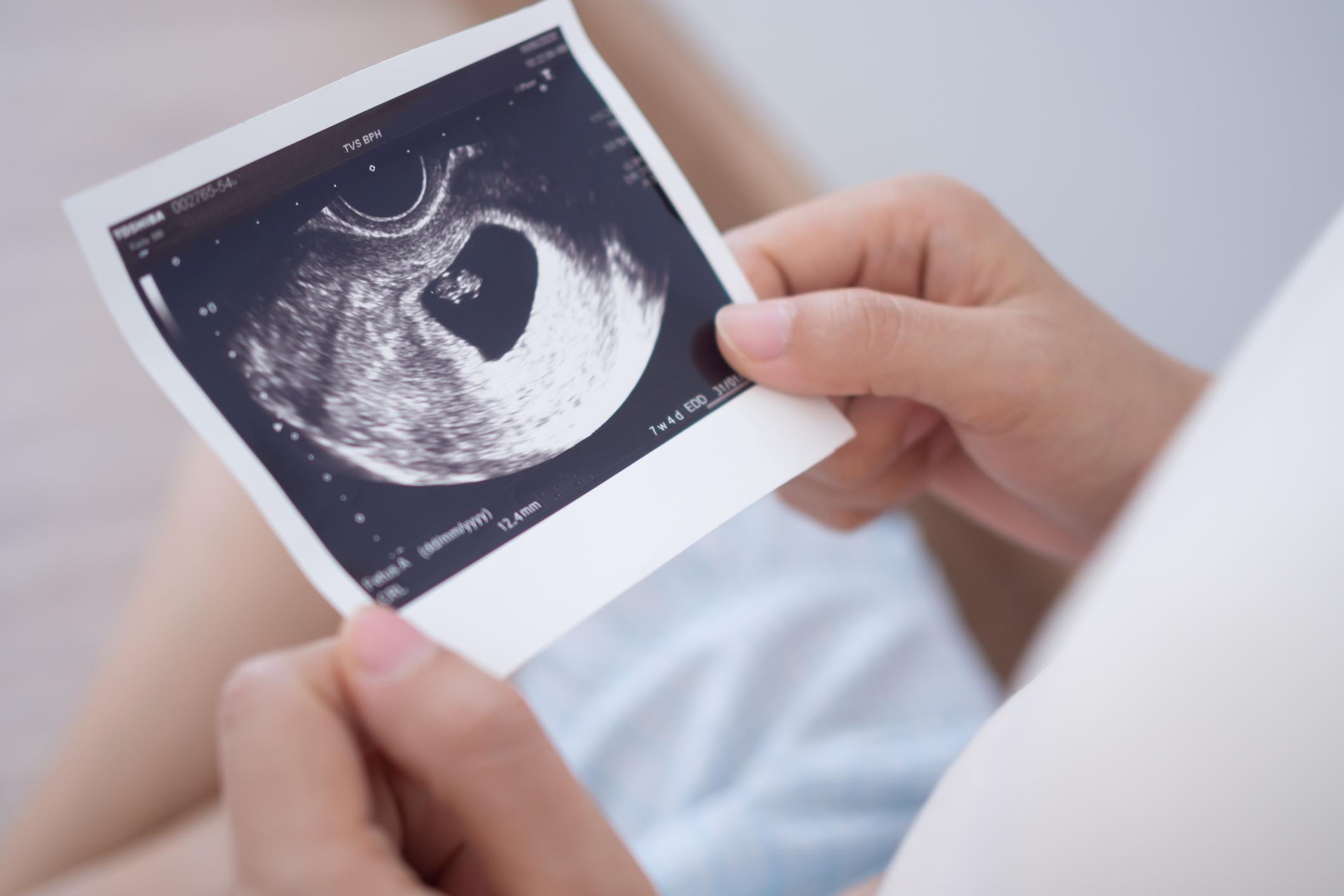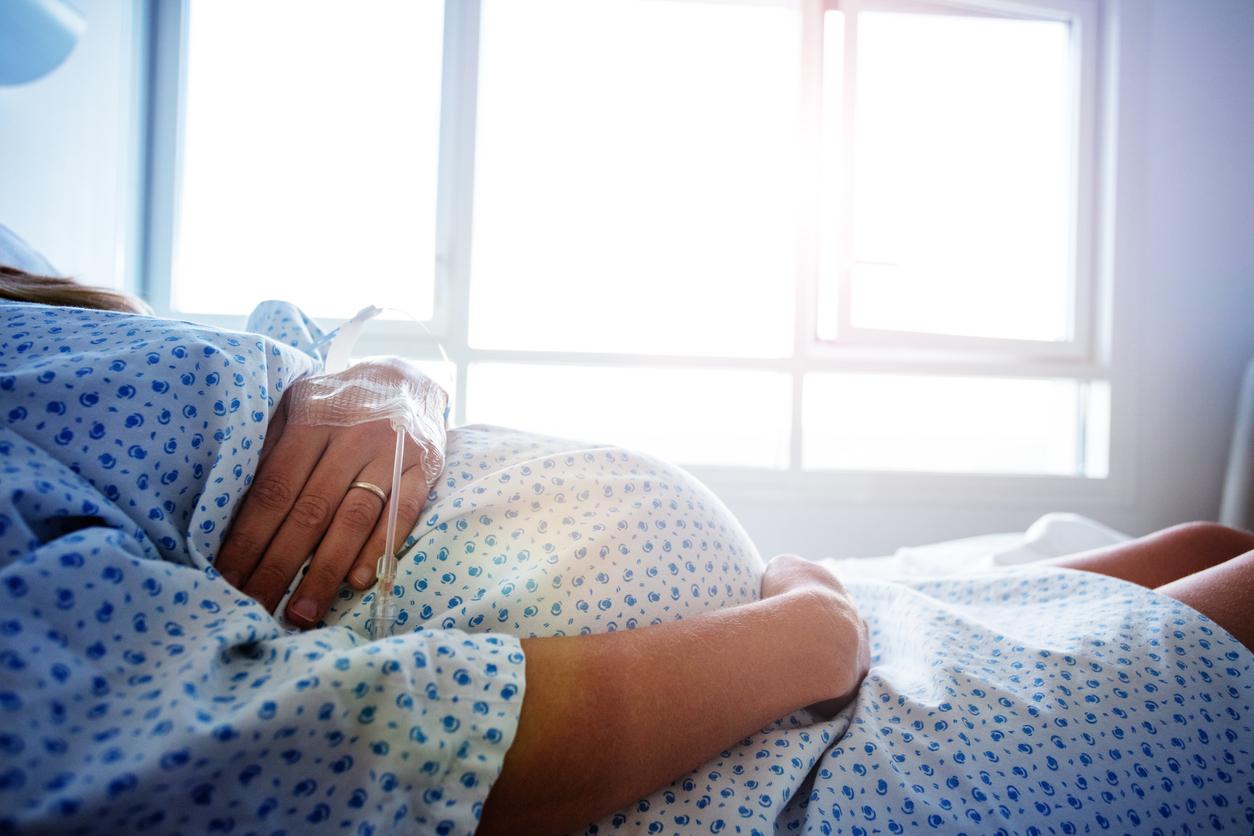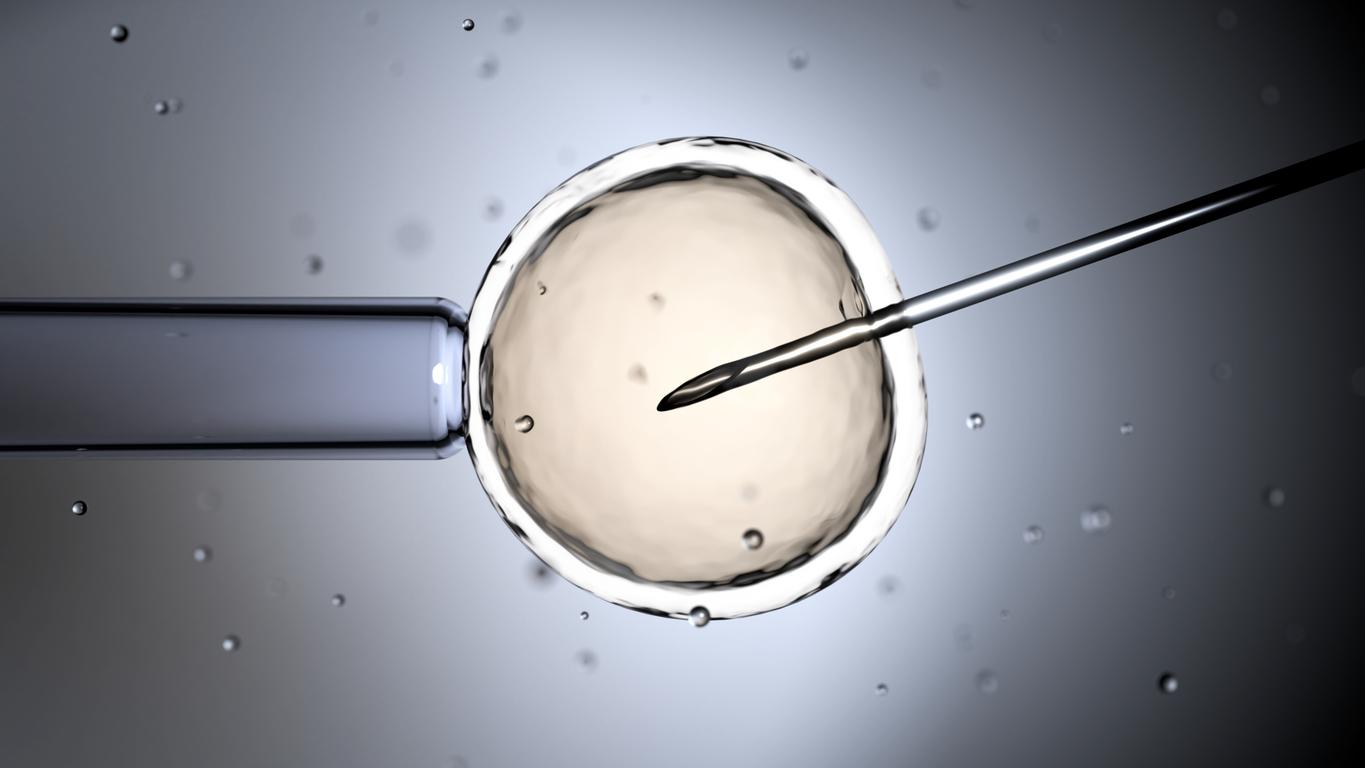Women carrying a baby intended for another family are at increased risk of serious maternal morbidity compared to those who have undergone IVF or conceived naturally.

- Surrogate mothers have a significantly higher rate of serious maternal morbidity (7.1%) than the rates observed for unassisted conceptions and conceptions by IVF.
- These women experienced high rates of postpartum hemorrhage (13.9%) and hypertensive disorders (13.9%), two serious complications during pregnancy.
- However, children born to surrogate mothers do not appear to be affected by higher pregnancy risks.
A recent study, published in the journal Human Reproductionhighlighted the risks faced by women who agree to carry a child on behalf of a “couple of intended parents” to whom the child will be given after birth. As part of this work, researchers from Queen’s University in Kingston (Canada) analyzed 937,938 births in Ontario between 2012 and 2021, comparing the results of unassisted conceptions, conceptions by in vitro fertilization (IVF) and surrogate mothers.
Pregnancy: more postpartum hemorrhages and hypertensive disorders in surrogate mothers
The results, presented during the 40th annual meeting from the European Society of Human Reproduction and Embryology (ESHRE) in Amsterdam, showed that surrogates faced a rate of serious maternal morbidity of 7.1%, significantly higher than the rates observed for unassisted conceptions (2.4%) and IVF conceptions (4.6%). In addition, among surrogates, the rates of postpartum hemorrhage were 13.9%, compared to 5.7% for unassisted conceptions and 10.5% for IVF conceptions. Similarly, hypertensive disorders, the most common medical problem encountered during pregnancy, affected surrogates at a rate of 13.9%, compared to 6.6% for unassisted conceptions and 11.6% for IVF conceptions.
According to the lead author of the research, Marina Ivanovaseveral potential mechanisms may explain the increased risk of serious maternal morbidity in surrogate mothers. “These include differences in the baseline health or sociodemographic characteristics of those who choose to become surrogates, potential differences in prenatal care and follow-up, the physiological and psychological impact associated with carrying life for another person, and the effects of treatments used during the IVF process.”
Carrying another person’s child does not necessarily lead to a deterioration in the baby’s condition.
Although the scientists observed a high risk of serious maternal morbidity and adverse pregnancy outcomes, they did not find any significant differences between surrogate mothers, unassisted conceptions and IVF conceptions in the health outcomes of the babies up to 28 days of age. Serious health problems were observed in 6.5%, 6% and 9.1% of newborns, respectively.
“In contrast, among women in the general population, severe maternal morbidity is associated with a higher risk of severe neonatal morbidity. This difference therefore warrants further investigation. (…) These results highlight the impact of socioeconomic status on our reproductive health and the need to support and provide better care to women who are candidates to carry another person’s child,” concluded the team.

















